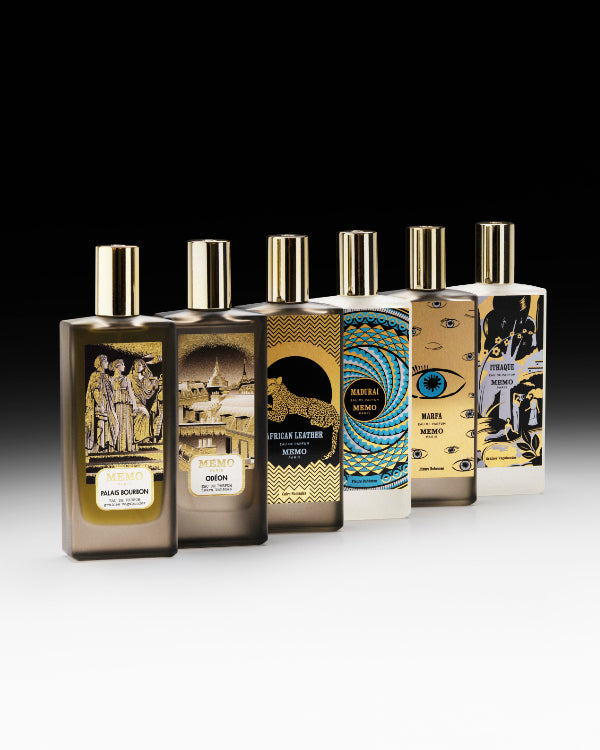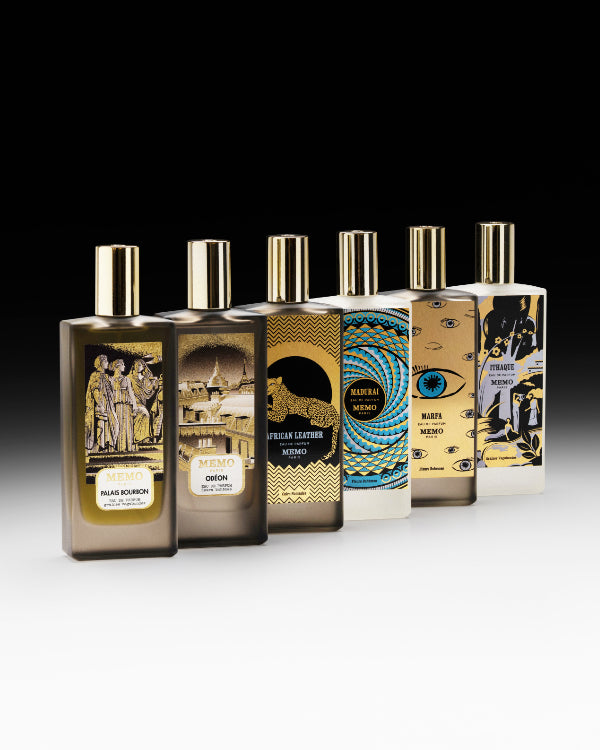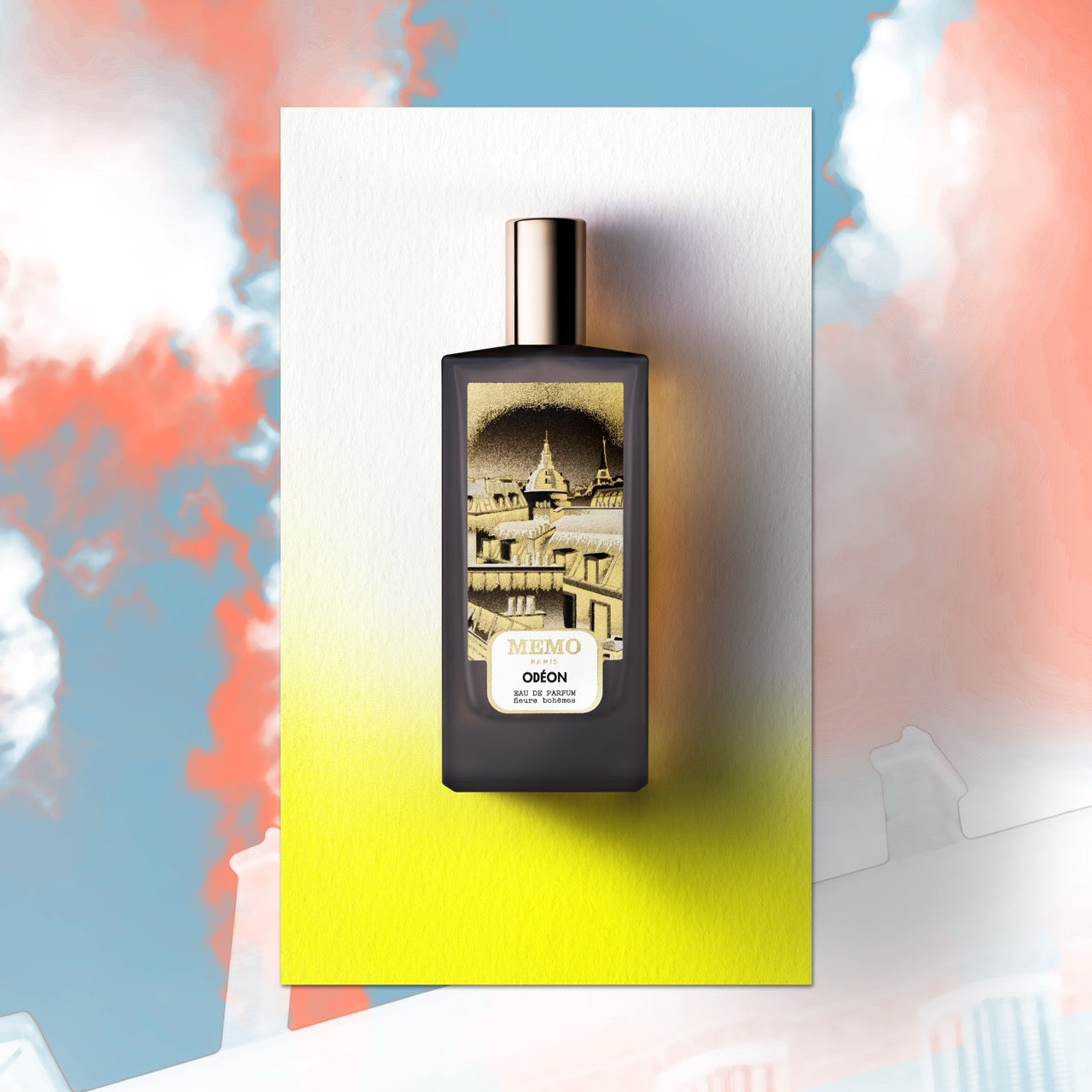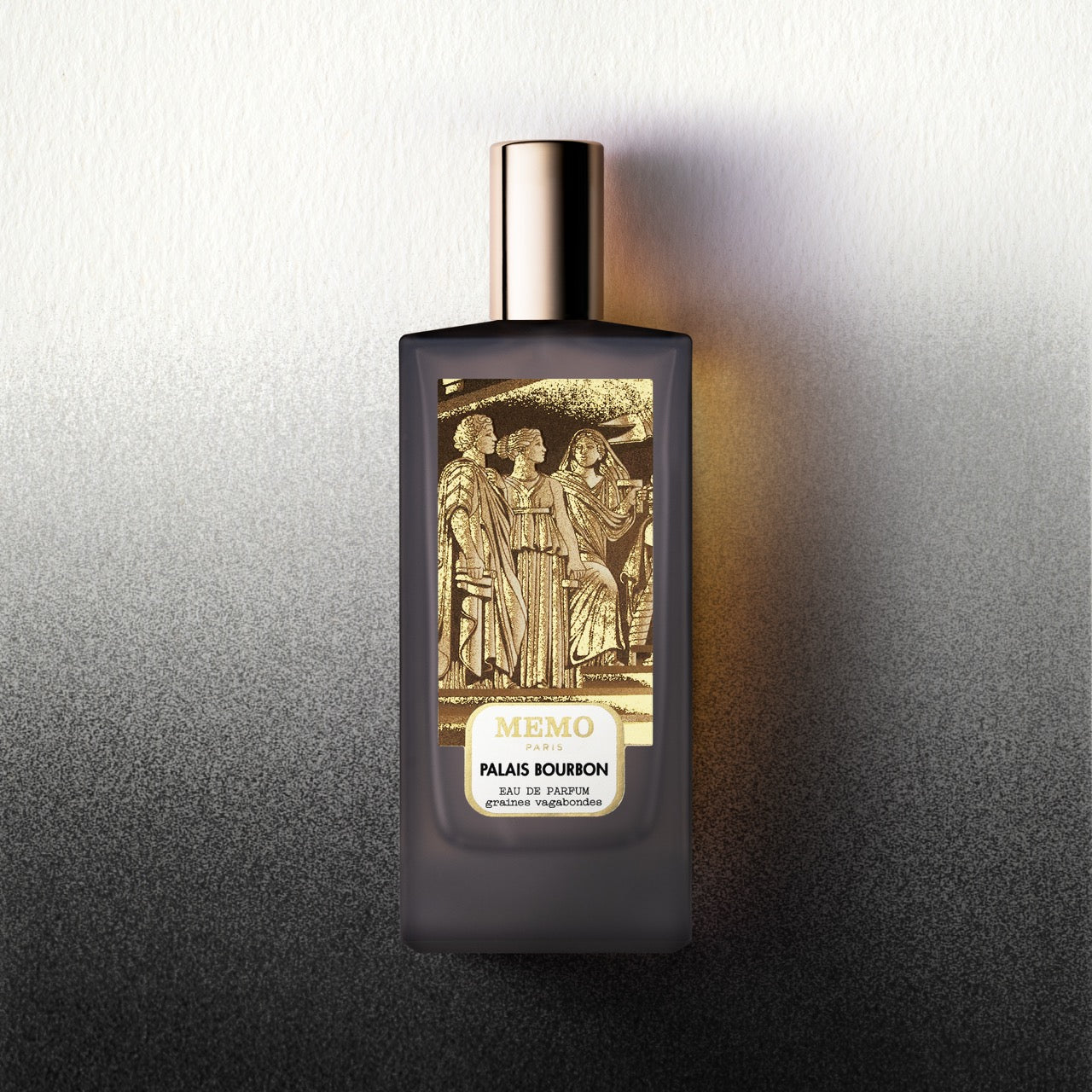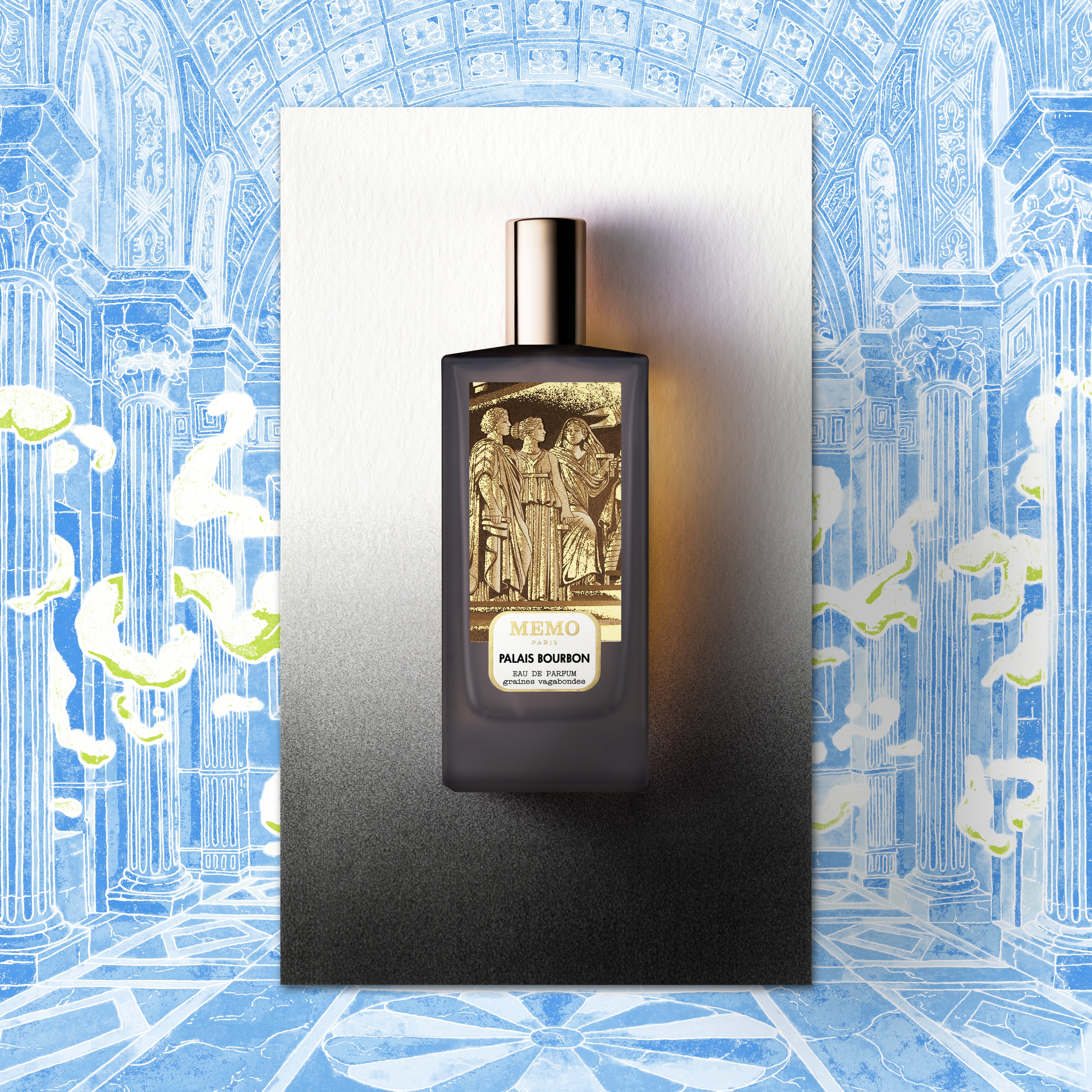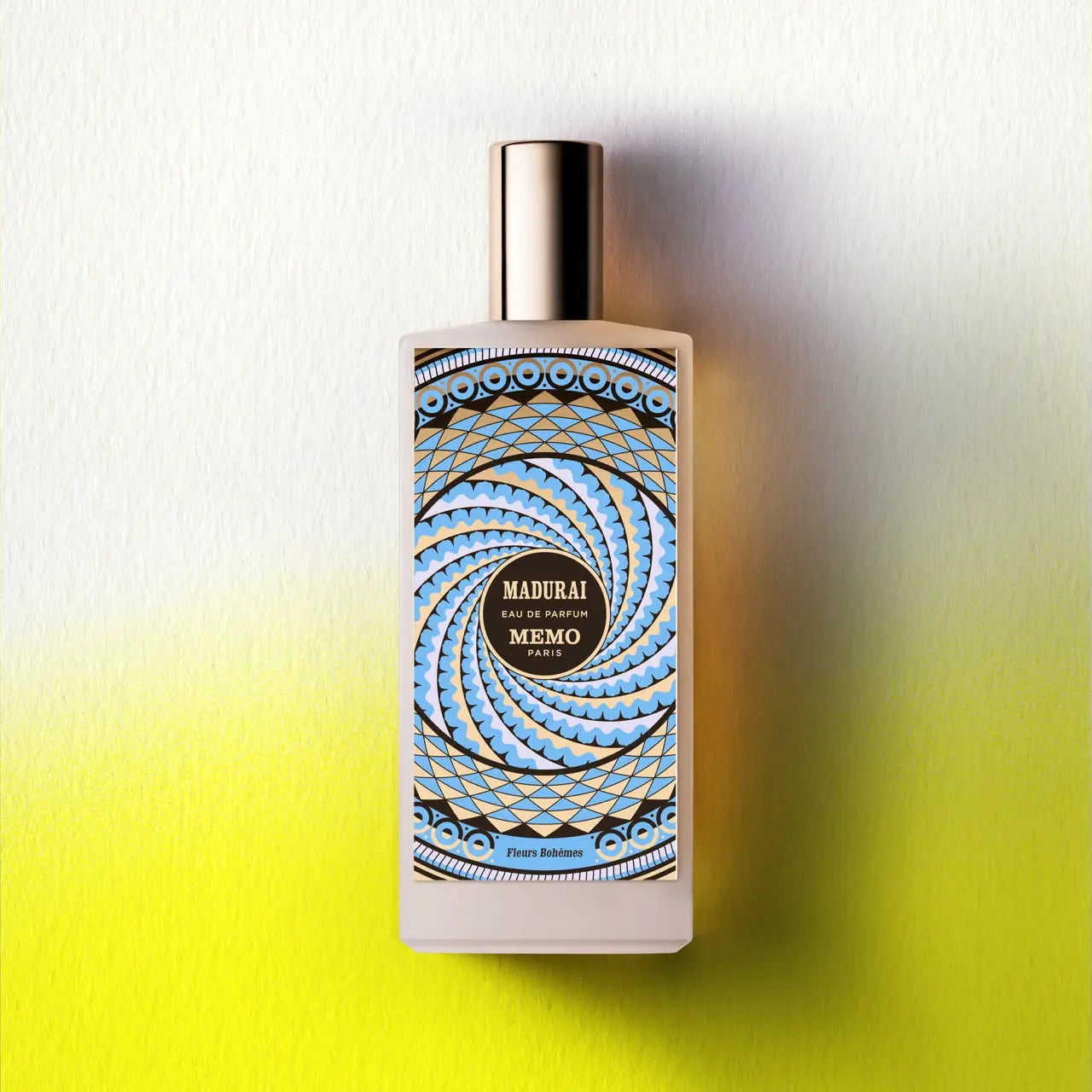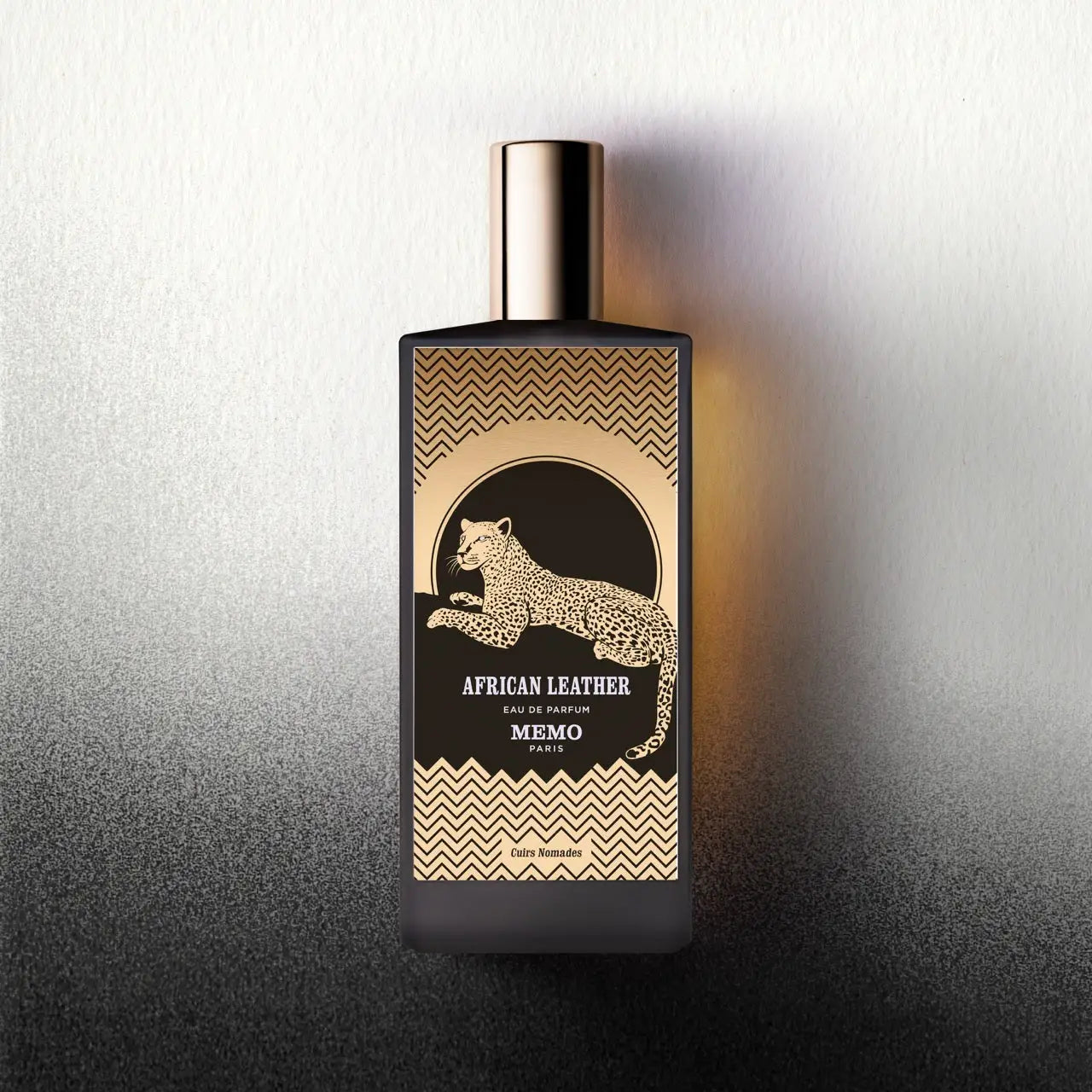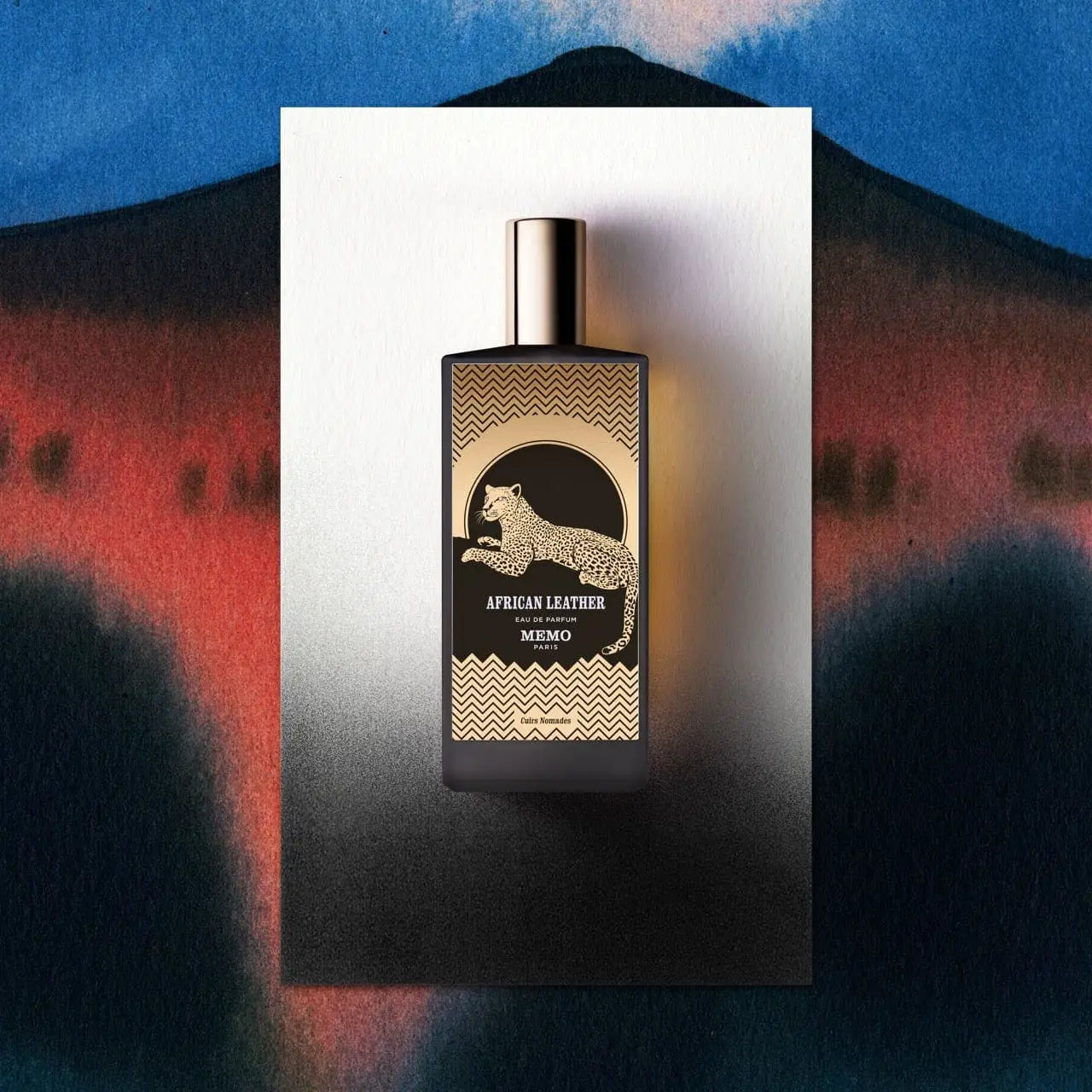SEO - How to Choose a Perfume
How to Choose a Perfume: A Simple Guide to Finding Your Fragrance
Understanding Perfume Composition
Perfumes are crafted using a combination of natural and synthetic components that blend harmoniously to create a distinctive scent profile.
Understanding fragrance families, such as floral, oriental, woody scents, or fresh, can help you narrow down your favorite essences.
Consider factors like longevity and intensity when selecting a perfume.
Experiment with different scent notes and their intensity to find the perfect cologne.
Fragrance and Perfume Notes: Top Notes, Heart Notes, and Base Notes
Perfumes are made with natural essences and molecules, organized into three primary components: top notes, heart notes, and base notes.
Top notes are light and volatile, offering the initial burst of scent that first captivates. They are the opening impression of a fragrance, often described as fresh, sharp, or exhilarating. Think of bright citrus, invigorating herbs, or crisp aquatic notes. These notes are designed to make an immediate impact and attract attention, but due to their lighter molecular weight, they are the first to evaporate, typically lasting anywhere from 5 to 15 minutes. While fleeting, top notes are crucial as they create that all-important first impression and can significantly influence a consumer's decision to explore a scent further.
Base notes provide depth and longevity, with a heavy molecular weight. These rich, long-lasting aromas, like woods, resins, and musks, appear once the heart notes begin to fade, creating the final and most enduring impression of the fragrance. They are the anchors of the scent, providing a solid foundation and adding richness and warmth that can last for many hours.
Heart notes, also known as middle notes, truly form the core of the fragrance. They emerge once the top notes evaporate and are arguably the most important part of the perfume's story. These notes are usually more rounded and mellow than the top notes, providing the central character and body of the scent. Often comprising floral, fruity, or spicy aromas, heart notes can linger on the skin for several hours, creating the main impression of the perfume. They act as a smooth transition between the fleeting top notes and the long-lasting base notes, creating a harmonious blend that defines the fragrance's unique personality.
Each component contributes to the overall scent experience on you and in the air.
Perfume Types and Concentrations
Eau de Parfum, Eau de Cologne, and Eau de Toilette: What’s the Difference?
-
Eau de Parfum is a highly concentrated fragrance, typically containing 15-25% essential oils: highly concentrated fragrance, ideal for special occasions.
-
Eau de Cologne is a lighter fragrance, typically containing 3-5% essential oils: lighter, fresher scent, suitable for everyday wear.
-
Eau de Toilette is a versatile fragrance, typically containing 5-15% essential oils: versatile fragrance, perfect for formal events.
Understanding the differences between these concentrations can help you choose the perfect perfume for your needs.
Choosing the Right Perfume for Your Body Chemistry
Perfumes interact with your body chemistry in a unique way, making it essential to consider how a fragrance will evolve on your skin. Factors like skin type, pH level, and natural body odor can influence how a perfume smells on you.
Understanding your body chemistry can help you find a perfume that harmonizes with your unique chemistry.
How Body Chemistry Affects Your Scent Profile
Oily skin and dark skin tend to retain scents longer and pair well with oriental, heavy fragrances.
Dry, fair, and often acidic skin may benefit from more citrusy, green, ozonic, aromatic, fruity, floral, and woody notes.
Consider your skin type and pH level when selecting a perfume to ensure the best results.
Finding Your Perfect Fragrance
Consider your personal taste in signature scents, such as floral scents, fresh, woody scents or earthy notes.
Explore different fragrance families to discover the scents that resonate with you.
Researching Fragrance Families and Notes
Research different fragrance notes and families to gain a deeper understanding and finding the perfect signature scents that appeal to you.
Look for ingredients and natural essences that resonate deeply with your preferences.
This will help you narrow down your options and find a perfume that suits your taste.
Testing and Selecting Your Perfume
When testing perfumes, apply them to your pulse points and allow them to develop on your skin for a few hours. Then observe how the scent evolves during this time before making a final decision.
Consider seeking expert guidance to find a perfume that reflects your style and sophistication.
Tips for Testing Perfume on Your Skin
-
Apply perfume to pulse points, such as the wrists, neck, and behind the ears.
-
Moisturized skin tends to hold fragrances better, so consider applying a fragrance-free moisturizer before spritzing your perfume.
-
Avoid rubbing the perfume, as this can alter the scent.
Discover our


